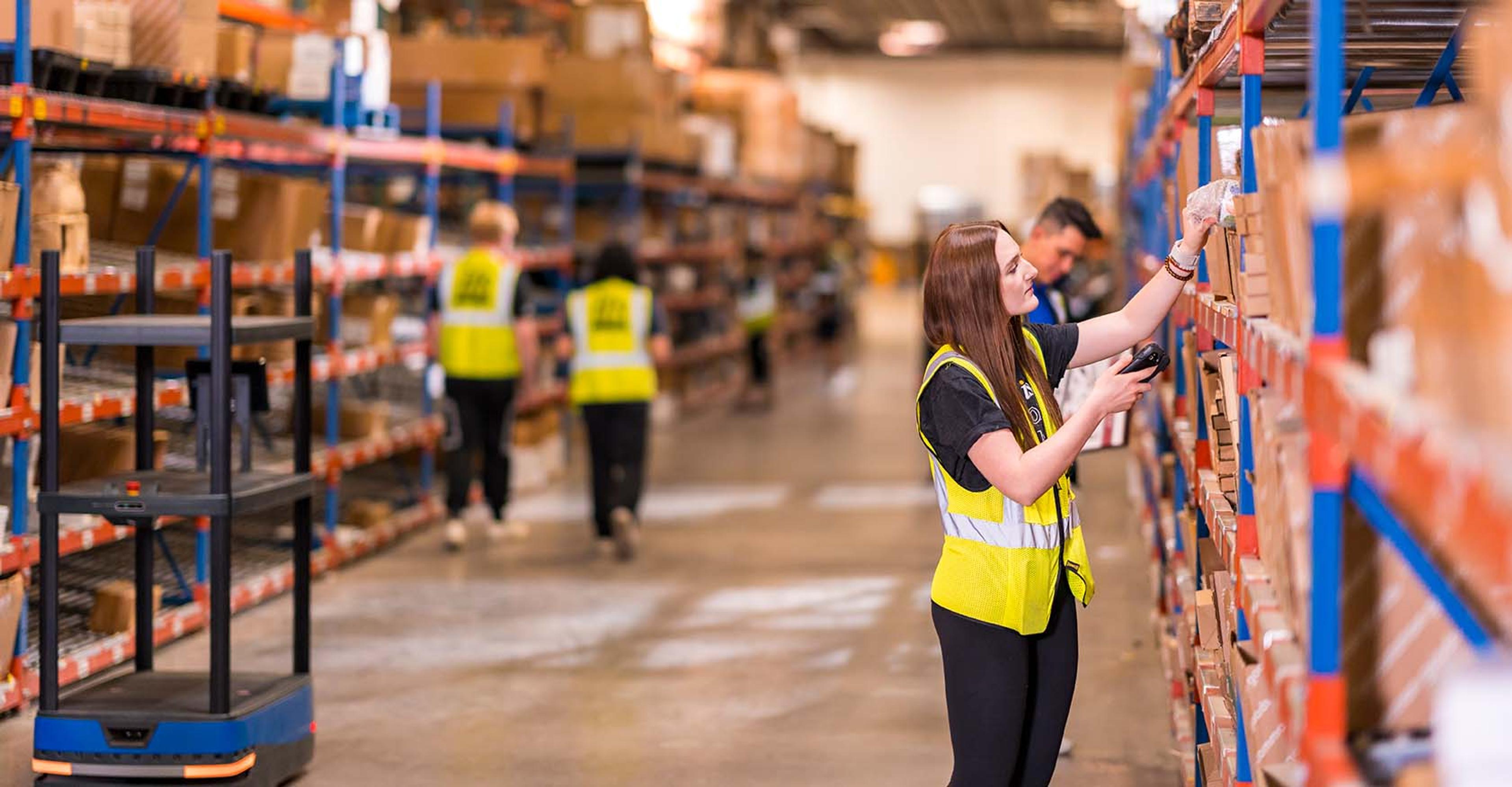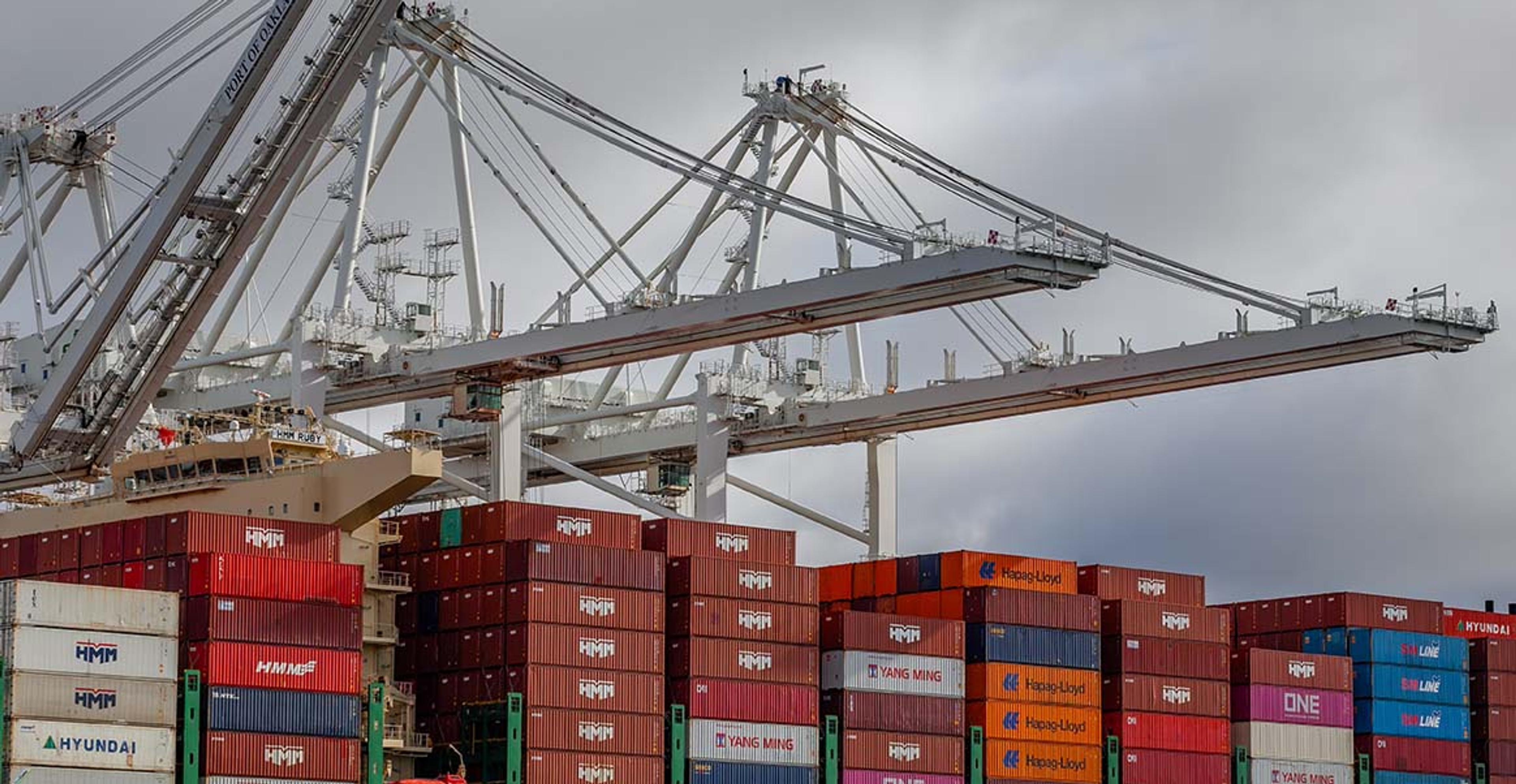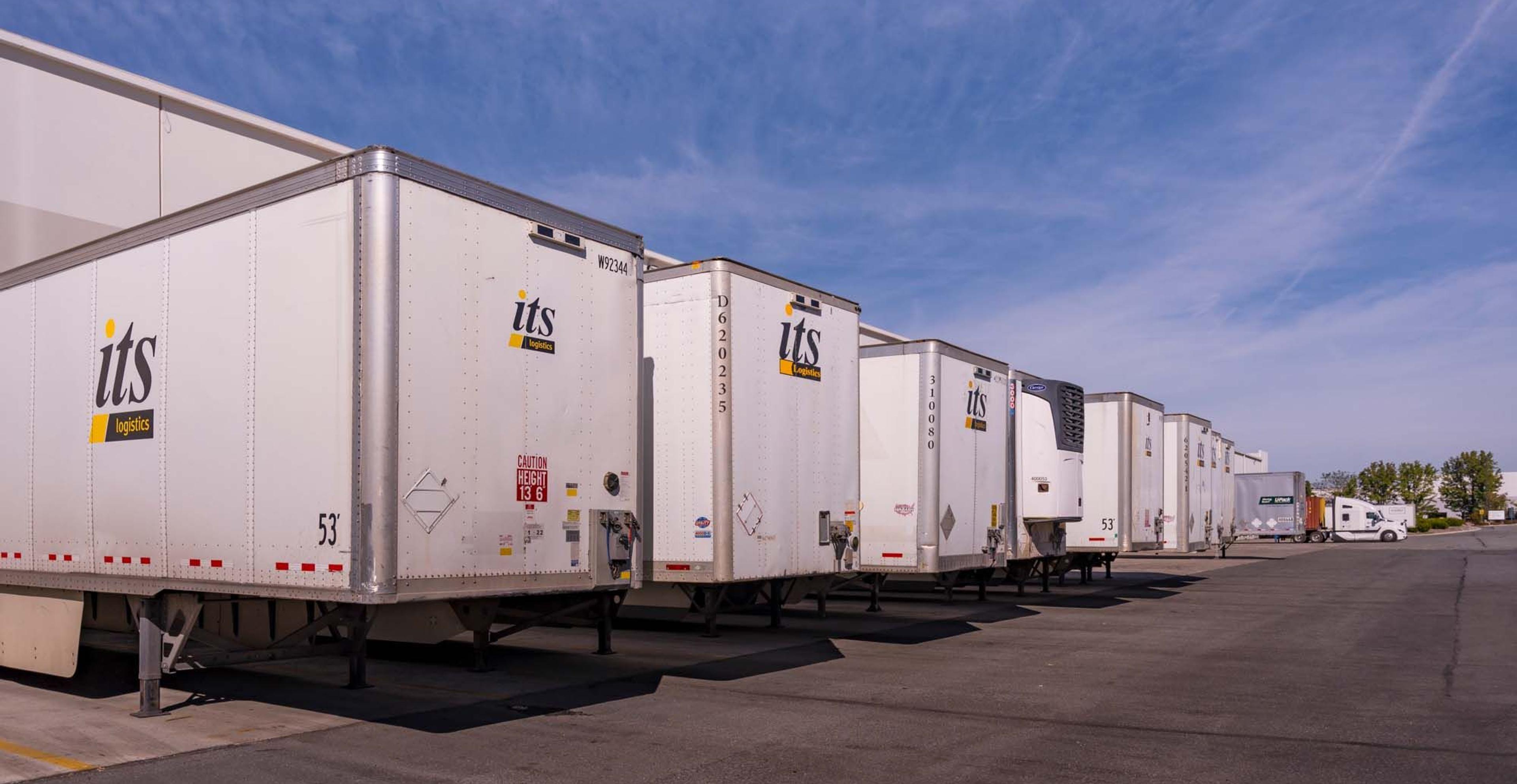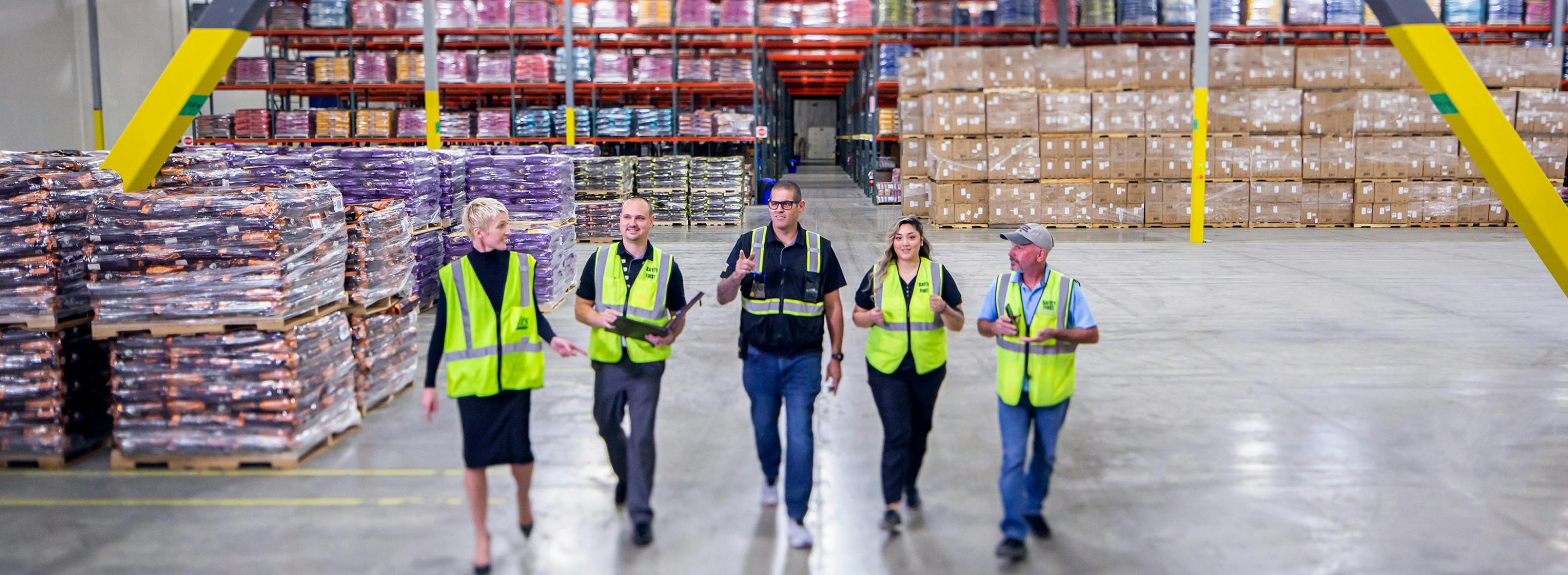IN THE NEWS: Deep Inside US Economy, More Sticker Prices Start Going Up Due to Tariffs, and Inventory is Headed Down

CNBC
June 27, 2025
Lori Ann LaRocco
FROM THE ARTICLE: On the surface of the US economy, prices are higher. The latest inflation data out on Friday from the government showed a bigger uptick than forecast. Inside the US economy, within distribution networks that manage inventory, there are fewer items overall due to the trade war, but more goods on which sticker prices are going up.
“We are now seeing multiple customers increasing pricing,” said Ryan Martin, President of Distribution and Fulfillment for ITS Logistics.
While price tags are placed on items at the manufacturer, Martin said over the past month his company has started re-ticketing “millions of units of products for many customers,” items ranging from apparel to consumer products in the warehouse being prepped for eventual delivery or immediate transport to stores.
Depending on the product, price increases range from 8%-15%, he said.
“This is creating additional inflation,” Martin said. It is happening in ecommerce as well, he said, though the price change is reflected online, not on the product.
A new survey from the Footwear Distributors and Retailers of America for Q2 shows 55% of respondents expect their average retail price to rise between 6%-10% in 2025 as a result of tariffs.
Martin says the last time he saw this amount of re-ticketing was during the pandemic, and it was much higher then.
“Everything was getting more expensive at that time, transportation, labor and quantities of product,” he said. “We saw increases across all products, including food and beverage,” he said. “Re-ticketing was between 30%-40%.”
....
Warehouse inventory levels are down 6% month over month, according to the Logistics Managers’ Index.
“The overall inventory footprint is smaller,” said Martin. “You are looking at three months of inventory on hand now versus six.”
“Indecision is the best decision right now with shippers because of all the tariff talk,” Martin said. “No one knows what will happen tomorrow or understands the cost structure. It’s better to have lean inventories in this case,” he added.



